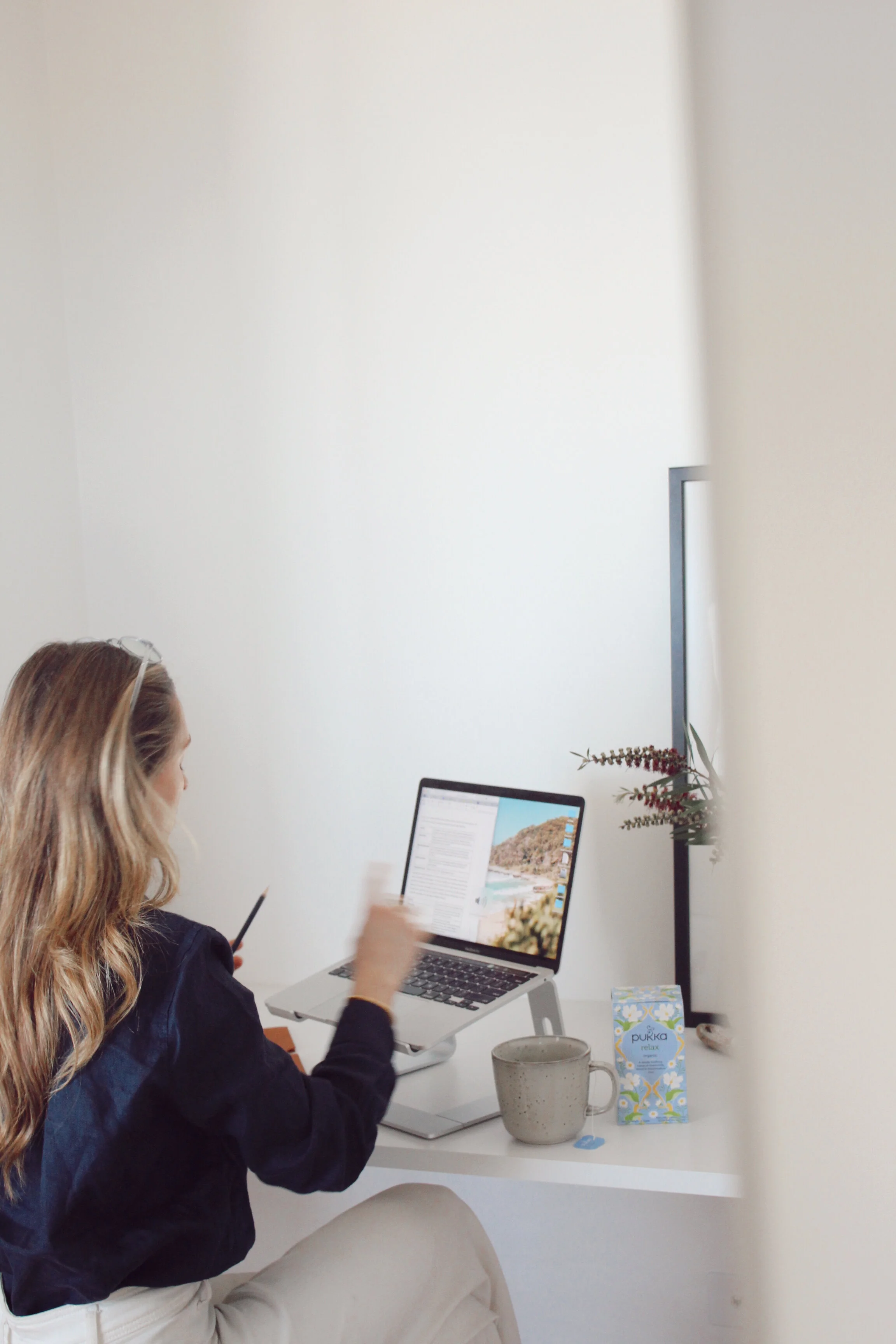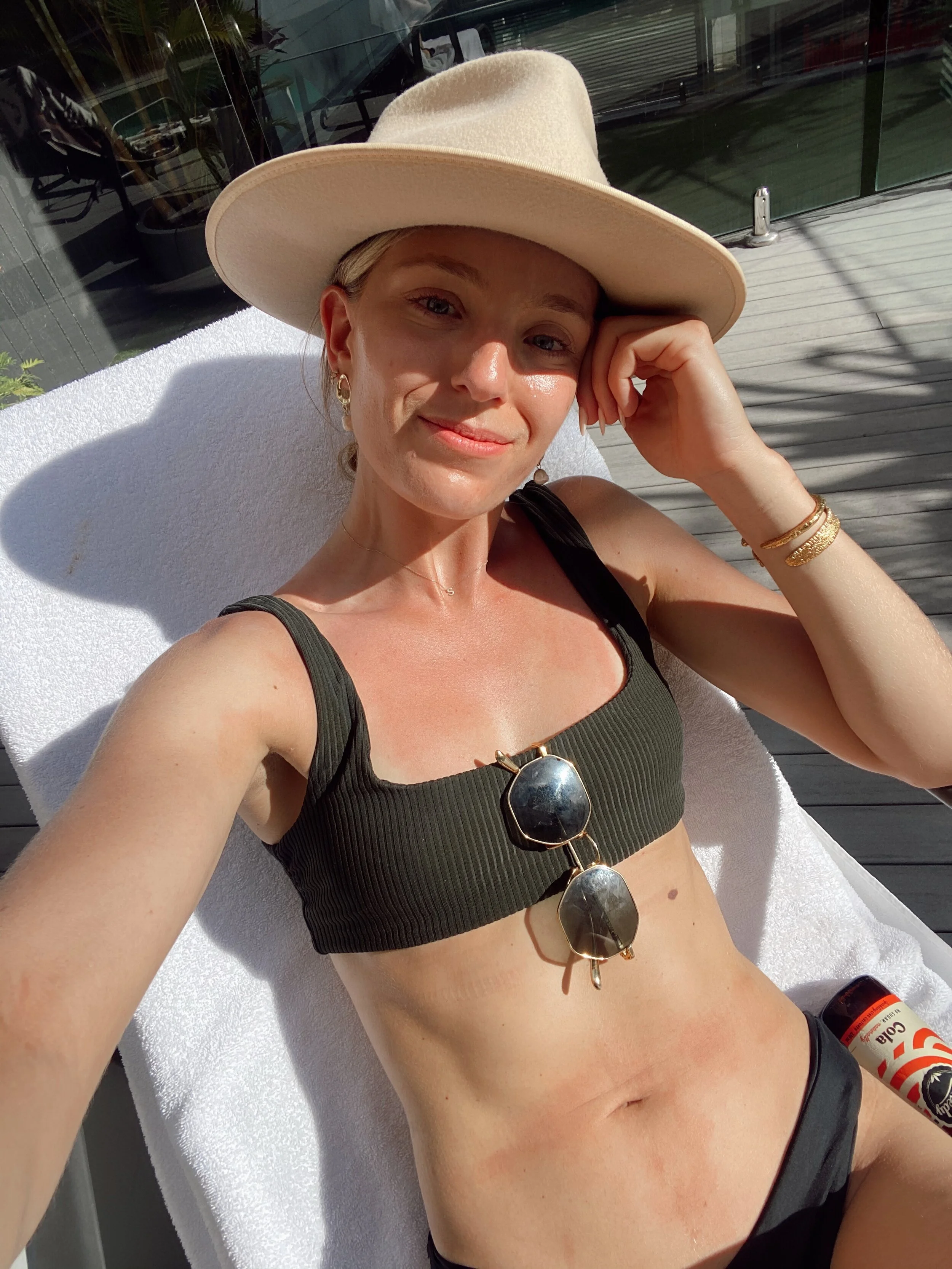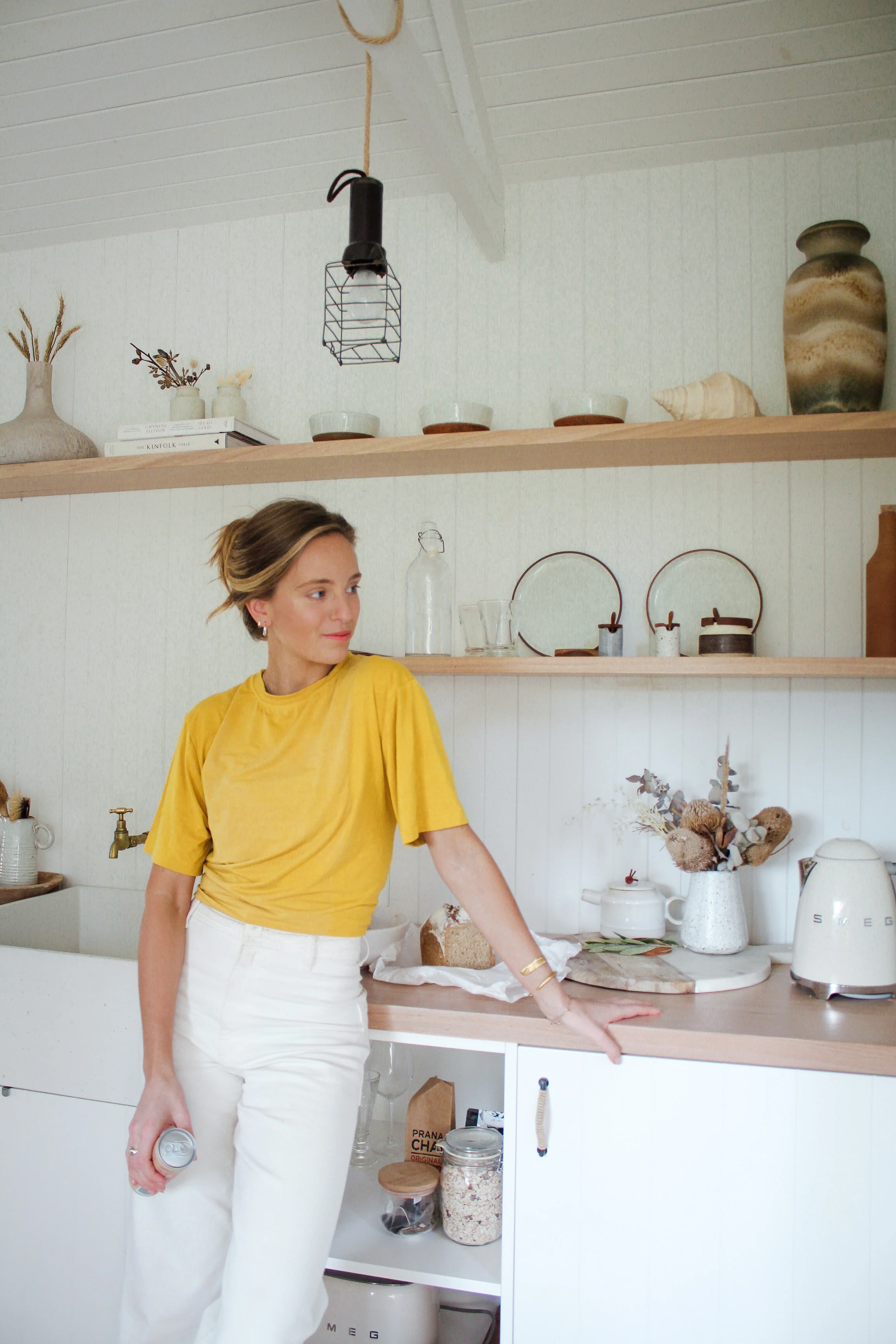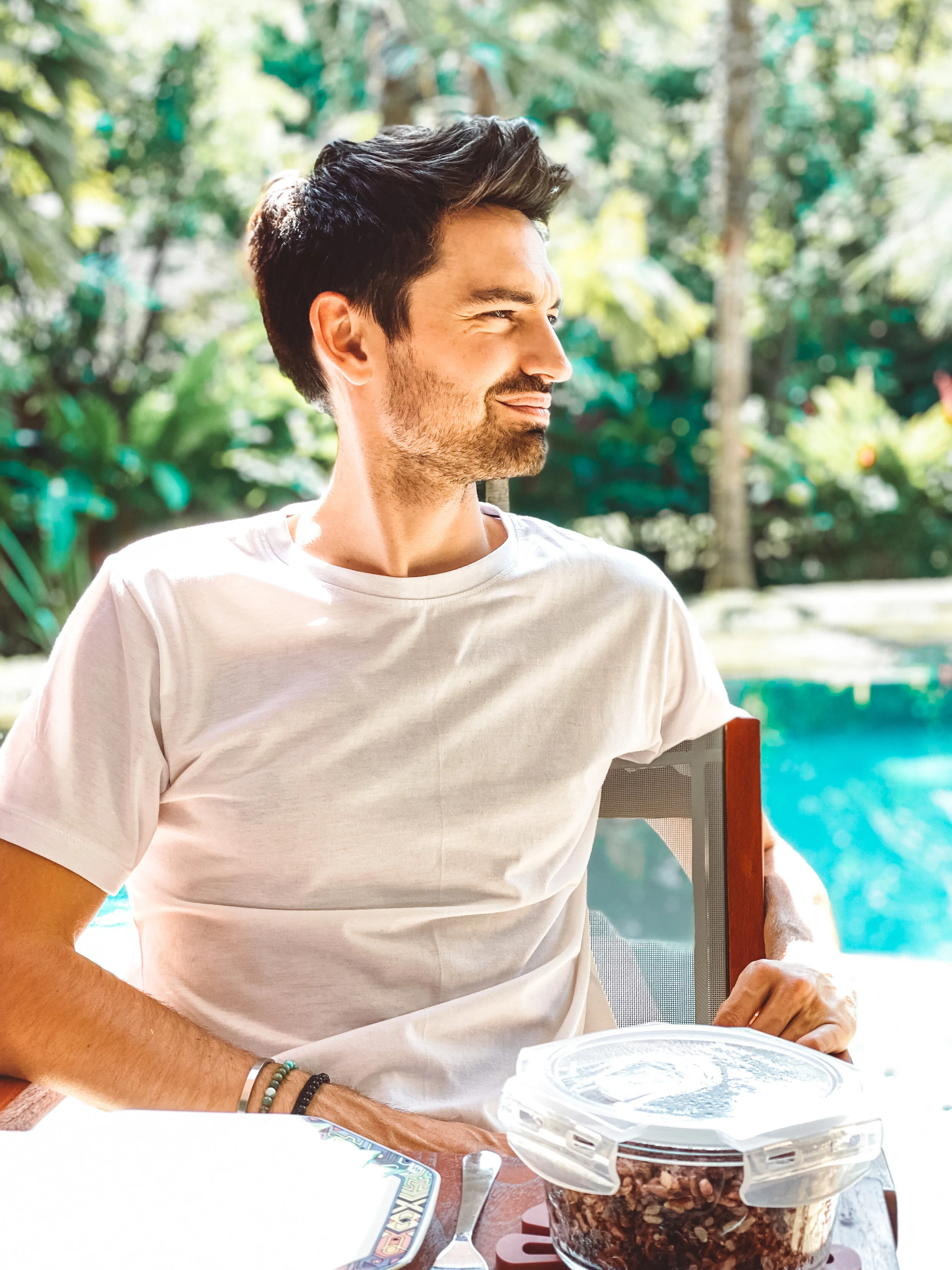Chances are, if we’re taking an all-or-nothing approach to food, we are likely doing this in other parts of life as well. This isn’t just about food. It’s about LIFE and the intimate connection between the way you eat and the way you show up in the world.
As Geneen Roth so beautifully says, ‘Our relationship with food -- how, when, what and why we eat -- is a direct expression of our underlying feelings, thoughts and beliefs about ourselves. It has to do with stances we take that get reflected not only in our relationship with food, but in all our relationships. It just so happens that the relationship with food causes enough conflict, grief, shame and hurt that we're willing to look at it.’












